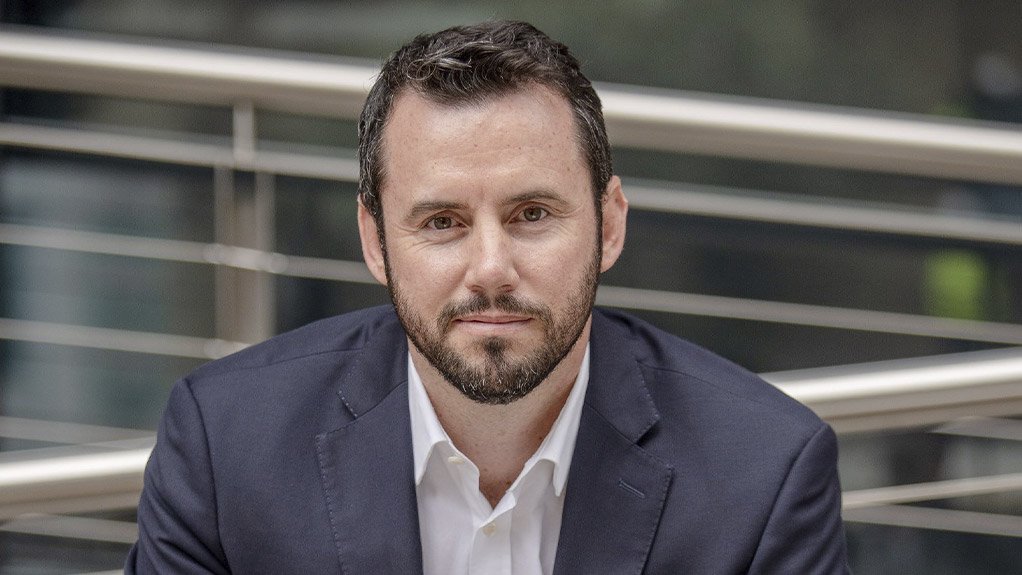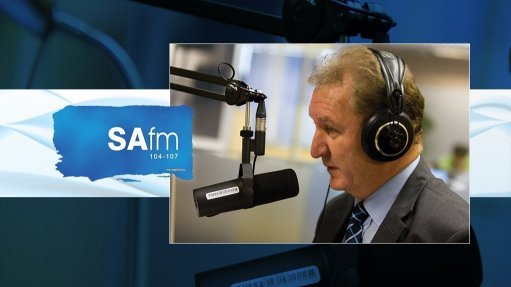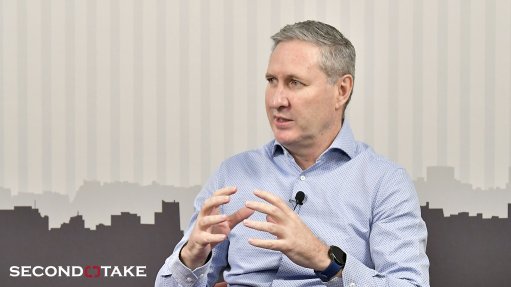Commercial landlord loadshedding woes: Compromise and commitment are key
This article has been supplied as a media statement and is not written by Creamer Media. It may be available only for a limited time on this website.
Loadshedding has become an everyday reality for South Africans. However, John Jack, CEO of Galetti Corporate Real Estate believes that last week’s focus on the energy crisis during the State of the Nation Address (SONA) should be viewed as a positive.
“Taking a focused and expedited approach to electricity disruption will give the country solid footing for growth.”
It’s no secret that South Africa is under major pressure and the commercial property sector has been hard hit. “Currently, commercial property landlords are under pressure to invest in alternative energy solutions to attract and retain tenants. However, the upfront costs of this investment coupled with the challenges of high vacancy rates, interest rate hikes, rising business costs, and reduced rental rates have had a compounding effect on the sector.”
Jack explains: “Commercial property is capital intensive and as such requires stability for investment. In addition to the factors previously mentioned, the reality is that loadshedding affects business productivity. While some landlords are lucky enough to secure a sound tenant on a long-term lease, others have defaulting tenants, short-term leases, and tenants who simply cannot make ends meet when they have no power for hours every day.”
“Once again CT seems to be powering ahead with a firmly implemented strategy paying off”
The price of tenant retention
Yes, some commercial properties are now geared up with an alternative power solution, but the reality is that many others don’t have the capital to do so given the challenges they face.
“It’s important to keep in mind that the country has undergone six rate hikes in just one year. This has a major impact on monthly bond repayments – especially given that most commercial properties cost millions of Rands. Buildings cost a fortune to run and a lot of what’s being invested cannot be recouped.”
Speaking to whether tenants should contribute to the costs of an alternative energy solution, Jack answers saying, “not really”. “However, it is important to keep in mind the insurmountable effect that loadshedding has on economic productivity and therefore, the energy crisis is everyone’s problem,” he adds. Recently we have seen landlords implementing the system excluding batteries which pushes the costs into non-viable territory. If the teant wants to add batteries they can do so at their own cost.
The industry needs more collaboration
Looking to the retail property sector, Jack notes that great inroads have been made in ensuring 24/7 operations. “We would like to think that these same inroads can be made across all commercial property sectors in the near future.”
“Come to a compromise,” says Jack. “Whether it’s agreeing to a longer lease term or a minor increase in the monthly rental repayment, or perhaps agreeing to share the cost of installing a generator or similar solution, there should be a clear understanding of the benefits to both parties.”
Adding to this, is the option to install rent-to-own solar power for added financial flexibility. “Each month, the landlord will put down a monthly repayment amount, with the understanding that they will own the equipment over a set period of time.”
Gearing up for a greener South Africa
“It would be great if South Africa could lead the charge among the likes of Sweden, Costa Rica, Scotland, and Germany in time to come.”
A good local example of a company with a commitment to sustainability is Growthpoint – South Africa’s most prominent REIT. “Growthpoint has gone to great lengths to provide its tenants with renewable energy solutions. They’ve installed 13.5 MW of renewable energy generation across their portfolio, and they plan to double capacity by June 2023,” explains Jack.
“Becoming energy independent is crucial to our economic success” he concludes.
Comments
Press Office
Announcements
What's On
Subscribe to improve your user experience...
Option 1 (equivalent of R125 a month):
Receive a weekly copy of Creamer Media's Engineering News & Mining Weekly magazine
(print copy for those in South Africa and e-magazine for those outside of South Africa)
Receive daily email newsletters
Access to full search results
Access archive of magazine back copies
Access to Projects in Progress
Access to ONE Research Report of your choice in PDF format
Option 2 (equivalent of R375 a month):
All benefits from Option 1
PLUS
Access to Creamer Media's Research Channel Africa for ALL Research Reports, in PDF format, on various industrial and mining sectors
including Electricity; Water; Energy Transition; Hydrogen; Roads, Rail and Ports; Coal; Gold; Platinum; Battery Metals; etc.
Already a subscriber?
Forgotten your password?
Receive weekly copy of Creamer Media's Engineering News & Mining Weekly magazine (print copy for those in South Africa and e-magazine for those outside of South Africa)
➕
Recieve daily email newsletters
➕
Access to full search results
➕
Access archive of magazine back copies
➕
Access to Projects in Progress
➕
Access to ONE Research Report of your choice in PDF format
RESEARCH CHANNEL AFRICA
R4500 (equivalent of R375 a month)
SUBSCRIBEAll benefits from Option 1
➕
Access to Creamer Media's Research Channel Africa for ALL Research Reports on various industrial and mining sectors, in PDF format, including on:
Electricity
➕
Water
➕
Energy Transition
➕
Hydrogen
➕
Roads, Rail and Ports
➕
Coal
➕
Gold
➕
Platinum
➕
Battery Metals
➕
etc.
Receive all benefits from Option 1 or Option 2 delivered to numerous people at your company
➕
Multiple User names and Passwords for simultaneous log-ins
➕
Intranet integration access to all in your organisation



















